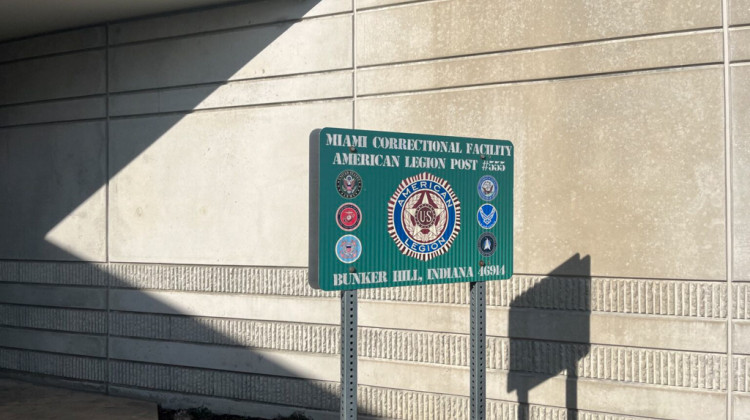
Attorney General Todd Rokita maintained that his comments after his public reprimand by the Indiana Supreme Court did not contradicted the confidential agreement he entered into as part of the reprimand.
Brandon Smith/IPB NewsThe Indiana Supreme Court Thursday made public a confidential agreement entered into by Attorney General Todd Rokita when he was publicly reprimanded by the court last year.
The discipline stemmed from comments made by the attorney general about Dr. Caitlin Bernard after she publicly discussed providing abortion care to a 10-year-old Ohio child who had been raped.
The state attorney disciplinary commission asked the court to unseal the confidential agreement because it argued Rokita’s statement issued after the public reprimand called into question his sincerity.
In its decision to unseal the agreement, the Supreme Court noted that Rokita did not object to making it public. And it said there is no sensitive information being released.
The confidential agreement doesn’t appear to contain any information that wasn’t already public.
In a statement, Rokita maintained that he never contradicted the agreement.
Brandon is our Statehouse bureau chief. Contact him at bsmith@ipbs.org or follow him on Twitter at @brandonjsmith5.
 DONATE
DONATE







 Support WFYI. We can't do it without you.
Support WFYI. We can't do it without you.